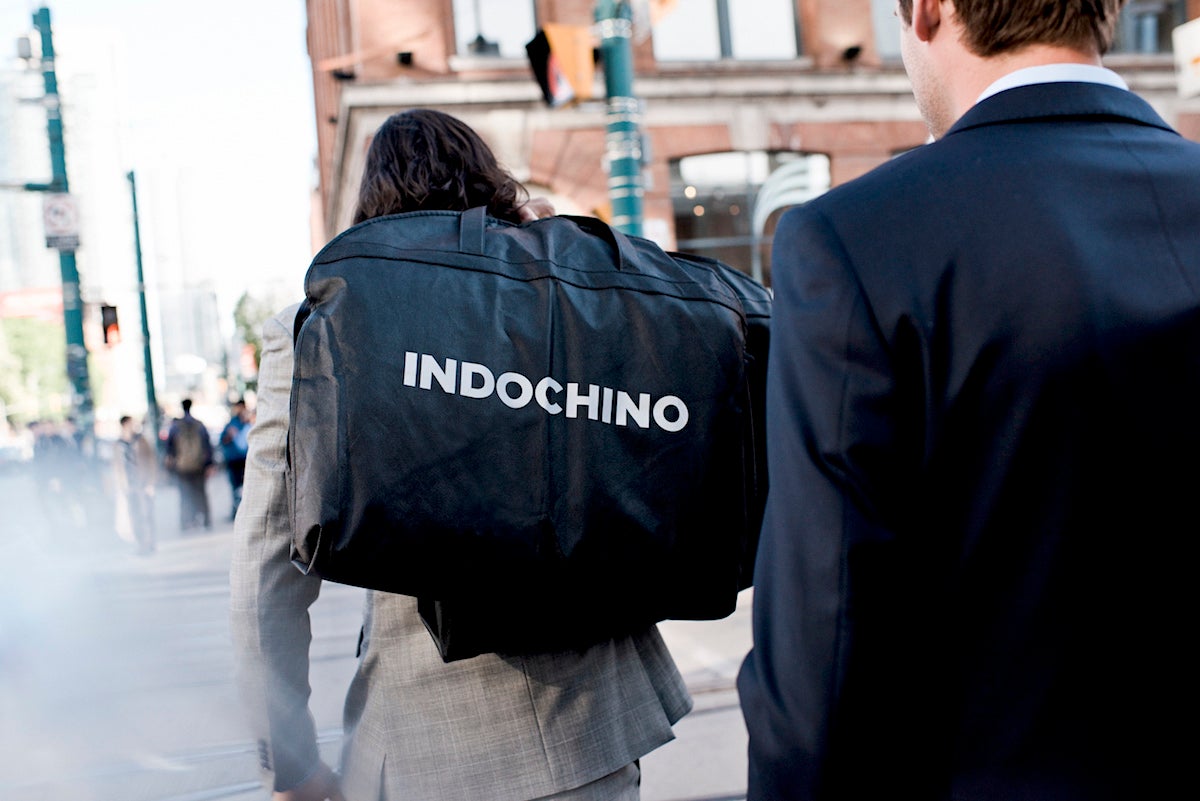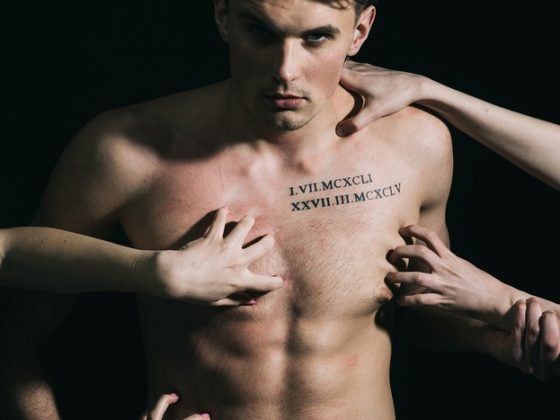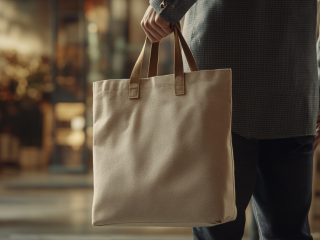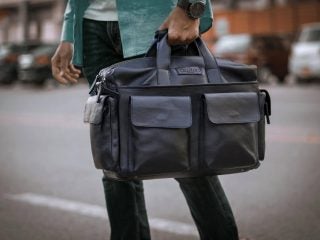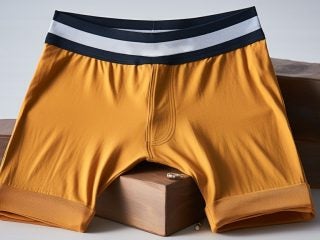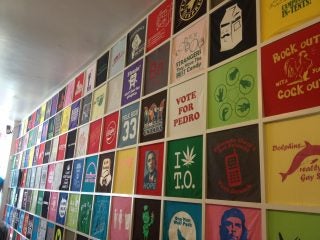A good man keeps his promises, but Drew Green decided to go even further than that — by raising the bar at Indochino even higher.
Earlier this year, the CEO of the Vancouver-based made-to-measure menswear specialist said Indochino, which had sometimes taken more than a month to deliver a custom-made suit, would begin guaranteeing delivery within three weeks. Last month, however, Indochino said customers who order online or through one of its showrooms can expect it at their door in two weeks, and will be able to make instalment payments.
According to Green, who took over at Indochino about three years ago, the moves are intended to reflect the higher expectations among male consumers looking for quality clothes online, such as being as easy to obtain financially as physically.
“Frankly we were missing our (delivery) deadlines much more than we would have liked. It became a mandate to really invest in our supply chain,”
Green told Swagger by phone, explaining that the guarantee became possible after Indochino moved to a new manufacturing partner called the Dayang Group in China and he saw that 80 percent of orders were being done within a fortnight. “It was always the goal to further reduce it.”
While Indochino is making suits faster and maying payments more flexible, its customers’ tastes and behaviours are shifting too. While seven years ago, as a startup, Indochino tended to attract Millennial-aged customers, Green said he’s seeing a rise in Baby Boomer placing orders. Indochino has also recently branched into casual wear such as khakis while marketing itself as a menswear source for special occasions. Weddings, for instance, now account for nearly 20 percent of its business, according to Green.

“The suit is still the centre of most people’s wardrobes, whether they need one or dozens,” he said. “More and more often, though, instead of just purchasing or creating a one of a kind suit, they’re attracted to creating a blazer . . . we’re not just focused on one category. Two years from now, I would see us instead having four or five categories.”
As it faces increased competition (Frank & Oak recently announced its own custom suiting service in partnership with Italy’s Peroni) Indochino has also transitioned from its digitally-focused roots. It already operates 34 stores called “showrooms” across North America, including 23 in the U.S., and Green said the firm will have 40 by end of January and possibly 60 by the end of 2019. The spaces are called showroooms because, apart from samples, they don’t carry suits you can buy off the rack. Instead, guys can walk in or make an appointment with a “style guide” who will walk through all the parts involved in creating a garment, including elements they want to customize.
“The experience was designed to be like walking into an Apple store, but without the inventory,” Green said. “That’s really allowed consumers to interact with the brand in a much more full-serve way than if we were just an online-only business.”
That said, Indochino will continue to test out technologies that could help customers improve the fit of suits or other menswear items its customers order. Asked if he will ever purchase one of the many startups offering ways to virtually try on clothes using augmented reality (AR) or virtual reality (VR), however, Green just laughs.
“We’re all tech businesses. We recognize that,” he said. “But some companies get away from the basics, and the basics of our business is to make sure our garment fits perfectly and fit right out of the box. There are a lot of advancements in different fit technologies, whether through the iPhone, picture taking or scanning technology. What we really want to make sure of is that we properly evaluate those technologies and rush into them.”
The future of online retail, in other words, holds a lot of promise — but Green isn’t about to let Indochino make any promises it can’t keep.




